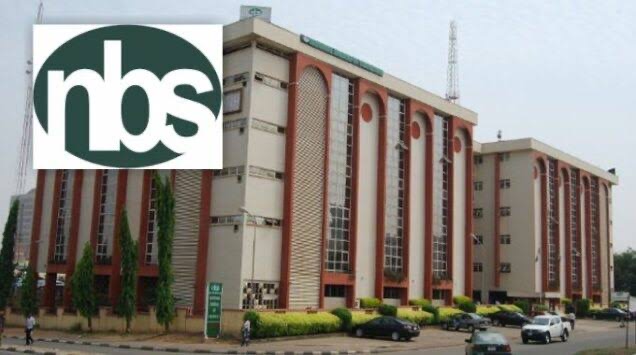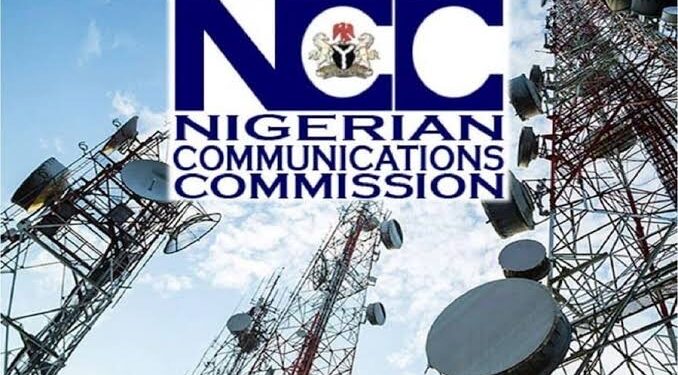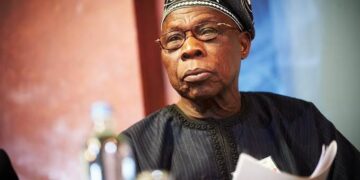The latest telecommunications data from the National Bureau of Statistics (NBS) revealed that three states – Lagos, Ogun, and Kano – accounted for 23% of all active mobile phone subscriptions in the country in the first quarter of 2024.
According to the bureau, the total number of active mobile phone subscriptions in Nigeria at the end of the first quarter was 219.3 million, up 3.3% from 226.1 million in the first quarter of 2023.
States with the highest number of mobile phone subscriptions held the top three positions, with a total of 50.5 million active mobile phone connections. According to the data, Lagos, known as the commercial hub of the country, maintained its top position with 25.9 million active subscriptions, followed by Ogun which recorded 12.6 million subscribers at the end of the first quarter of 2024. Kano ranked third with 11.9 million active subscriptions.
Meanwhile, Bayelsa had the least number of mobile subscriptions at 1.6 million, followed by Ebonyi and Ekiti with 1.8 million and 1.9 million respectively.

In terms of internet connectivity, Lagos State continued to lead the way in active internet subscriber numbers with 18.
8 million in the first quarter of 2024, followed by Ogun State with 9.5 million and Kano State with 9 million.
With 1.2 million internet connections, Bayelsa had the lowest number of connections in the country, while Ebonyi and Ekiti had slightly higher numbers at 1.4 million and 1.5 million respectively.
Telecommunications industry players attribute the unequal distribution of mobile phone connections in favor of international cities to inadequate infrastructure.
According to Olusola Teniola, former president of the Association of Telecommunications Companies of Nigeria (ATCON), some communities in the country still lack access to telecommunications infrastructure.
Similarly, the Nigerian Communications Commission (NCC) recently revealed that about 40 million people still lack access to telecommunications services, with over 200 access gaps recorded in the information and communications technology industry.

To bridge the country’s infrastructure gaps, the Minister of Communications, Innovation, and Digital Economy, Dr. Bosun Tijani, recently announced government approval for the establishment of a Special Purpose Vehicle (SPV), which will lay an additional 90,000 km of fibre optic cable to complement existing connectivity for general internet access across Nigeria.
According to the Minister, the SPV will work with government and private sector partners and stakeholders to build the additional fibre coverage needed to expand Nigeria’s connectivity backbone from the current approximately 35,000 km to at least 125,000 km.
“Building on existing work with the Broadband Alliance, this enhanced connectivity will help bridge the current non-consumer gap by connecting over 200,000 education, health, and social services across Nigeria, ensuring that a large section of our society enjoys the benefits of internet connectivity,” the Minister said.
He added that the project will also help increase internet penetration in Nigeria to over 70 percent and reduce the cost of internet access by over 60 percent.

































